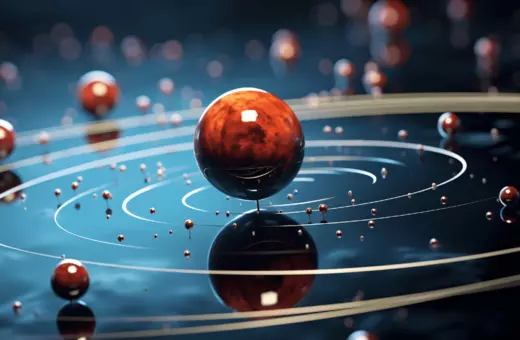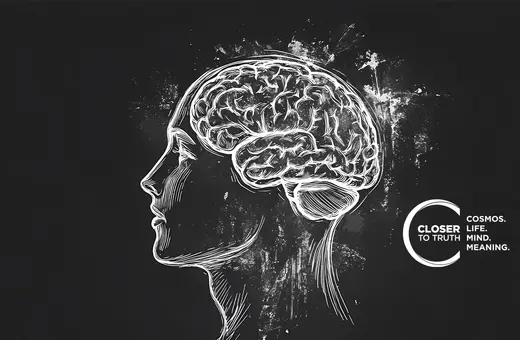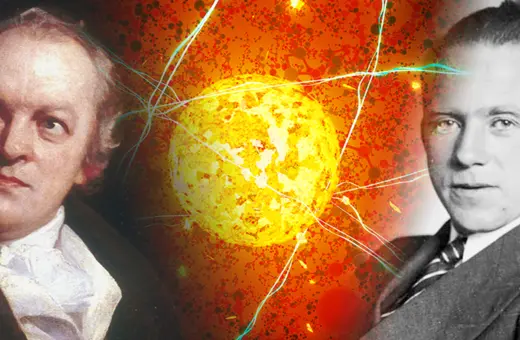Scientists and philosophers have fallen for a seductive buzzword: “emergence.” It’s invoked to explain life, consciousness, and the flow of time: when simple parts combine, it is claimed, they sometimes produce new entities with powers their parts could never predict. But philosopher John Heil calls this out as an intellectual sleight of hand. “Emergence,” he argues, doesn’t reveal hidden truths—it masks our ignorance, mistaking gaps in explanation for gaps in reality. It’s time to drop the magic word and face the real challenge: uncovering, in concrete detail, how simple parts can give rise to complex wholes.
1. The so-called “emergence” of life and particles
Emergence was much discussed in the late 19th and early 20th centuries when leading scientists and philosophers came to see that the physical sciences lacked the resources to explain a range of complex chemical and biological phenomena. Today, much of the focus on emergence pertains to consciousness, stemming from the apparent inability of the sciences as they stand to accommodate conscious experiences, coupled with a long-standing conviction that a respectable physical account of consciousness is not on the cards.
I shall forebear discussion of consciousness here. The topic raises a host of questions of its own and would serve as a distraction. I shall focus, instead, on the mechanics of emergence. Before getting down to business, however, let me provide two concrete examples of appeals to emergence in ongoing scientific work.
One longstanding example of purported emergence is life itself. Living organisms, from single cells to human beings, are said to emerge from combinations of non-living ingredients in ways that cannot be predicted by or extracted from knowledge of the properties and laws governing the ingredients alone (see Roselli under review).
___
Philosophers disagree on many things—on the nature of causation, for instance—but disagreements over emergence are more unsettling.
___
A second putative example of emergence is much discussed in contemporary physics. This concerns the emergence of particles from a primitive microwave radiation thought to have been the product of the Big Bang. The particles posited in today’s Standard Model—quarks, leptons, bosons, and their offspring—appear to have arisen from such radiation, although the properties of the particles and laws governing them are not extractable from what we know about the state of the universe immediately following the Big Bang (see Cléry et al. under review).
2. What is emergence?
Although the literature on emergence is vast, there is scant agreement on what it means to describe the As as emerging from the Bs. Philosophers disagree on many things—on the nature of causation, for instance—but disagreements over emergence are more unsettling. Few scientists or philosophers doubt that causation occurs. Apparently uncontroversial examples of causal processes are ready to hand, anchoring competing accounts of causation. In the case of emergence, however, competing accounts appear to be accounts of entirely different phenomena.
For many, particularly in the sciences, emergence concerns prediction and explanation. Emergence of this kind is characterized deductively: when the As emerge from the Bs, descriptions or explanations of As cannot be extracted from, or predicted on the basis of, what is known about the Bs.
___
Genuinely emergent entities or properties would, it seems, be accidental additions to the cosmos.
___






















Join the conversation